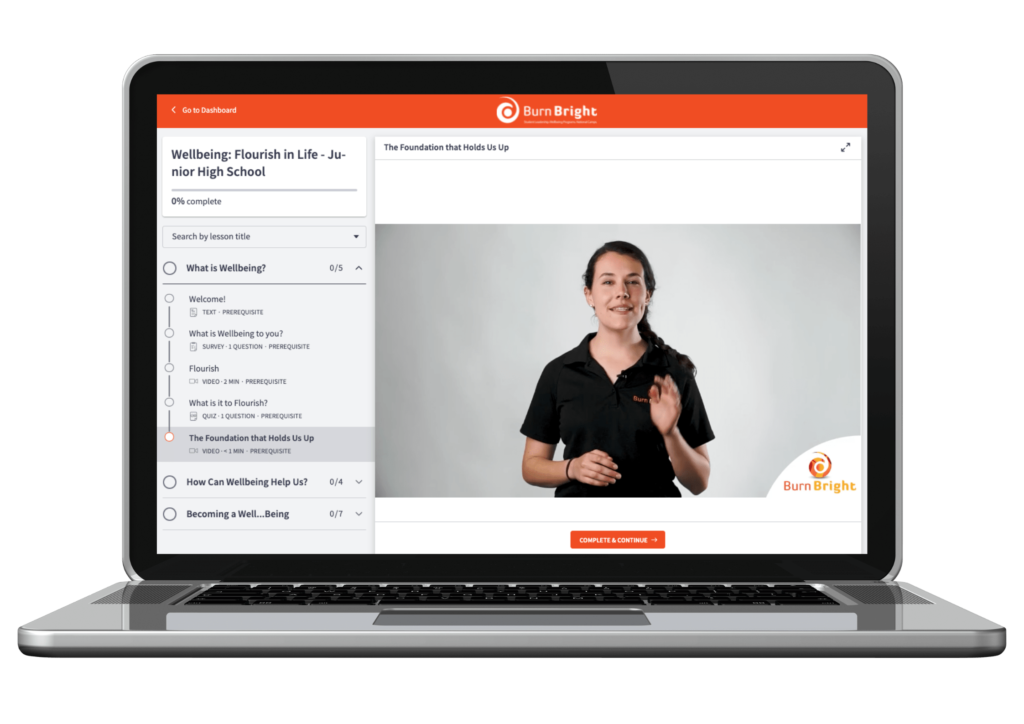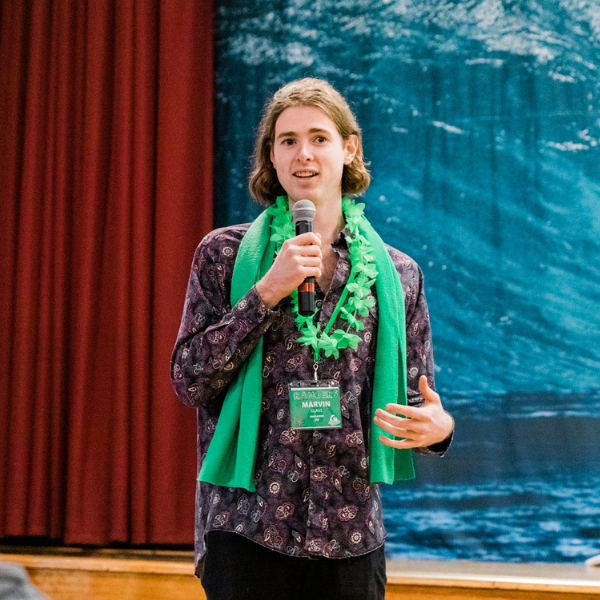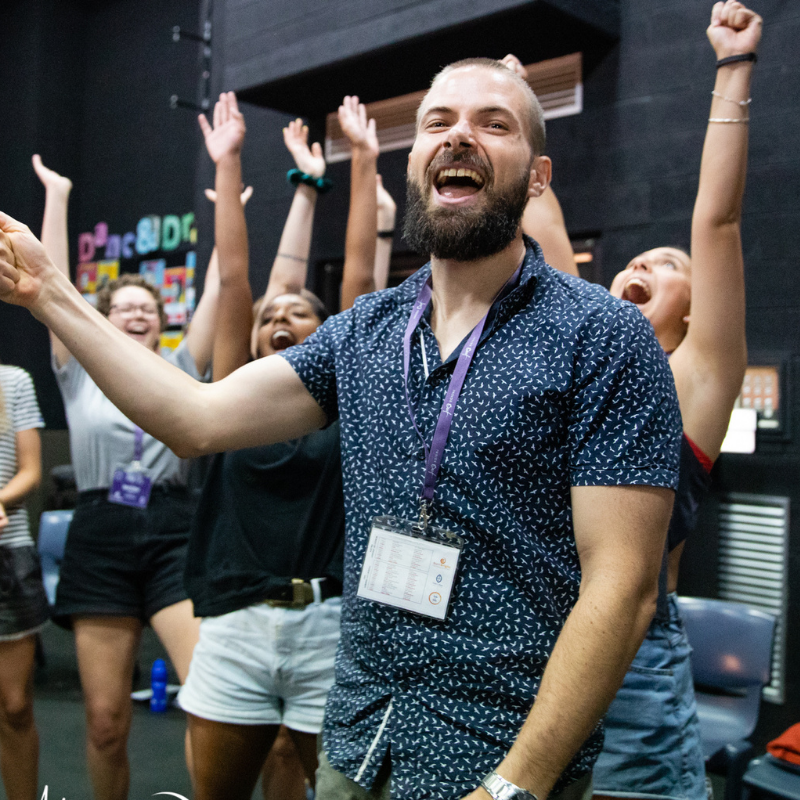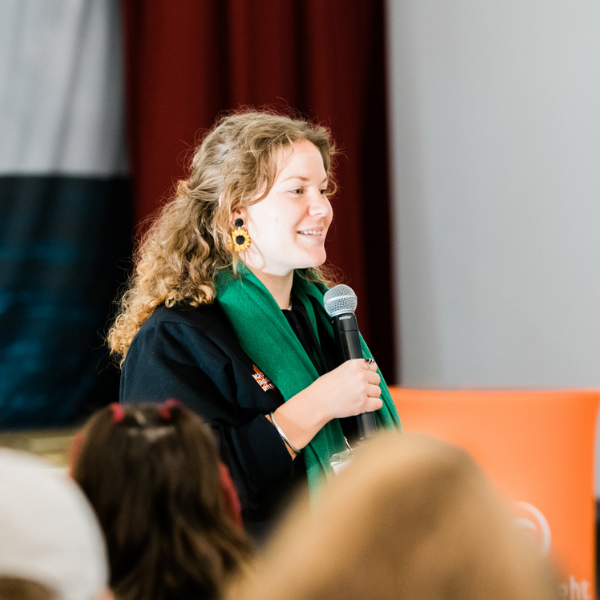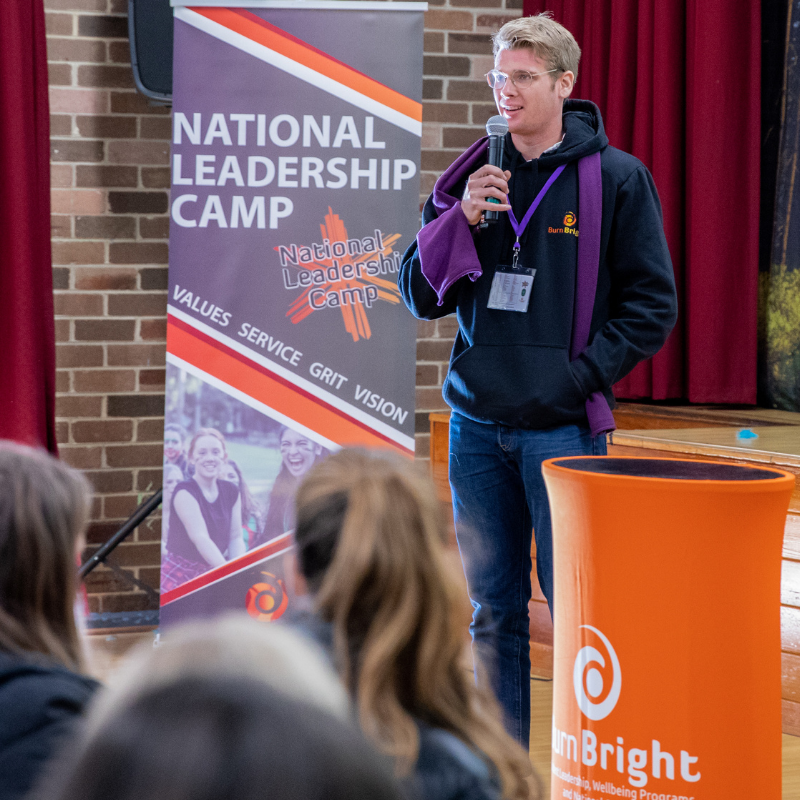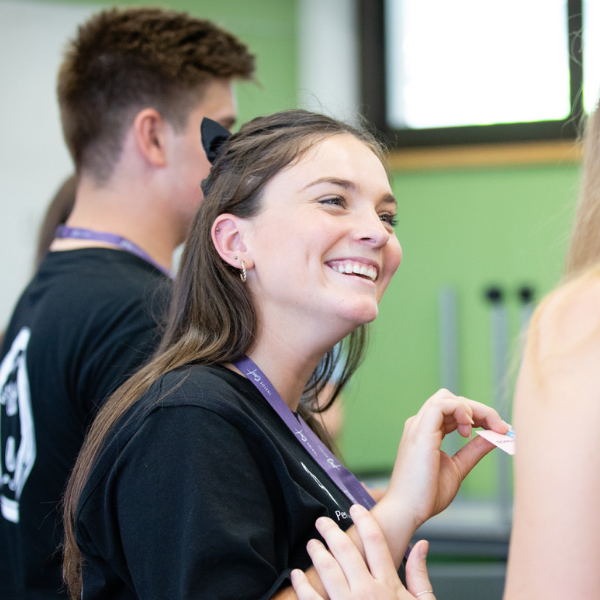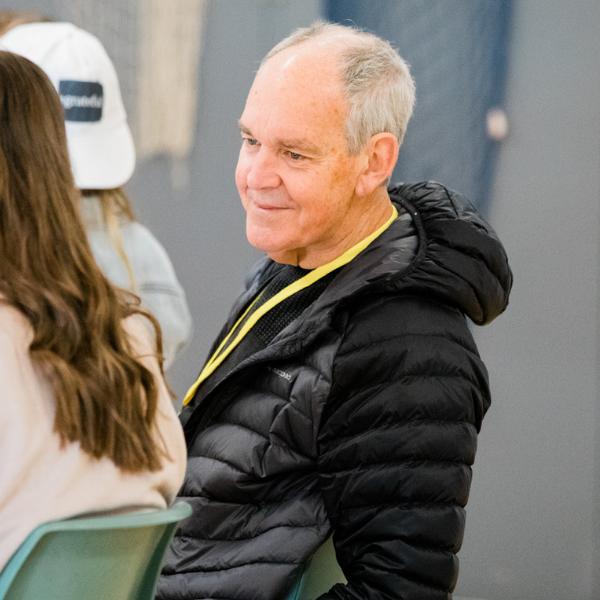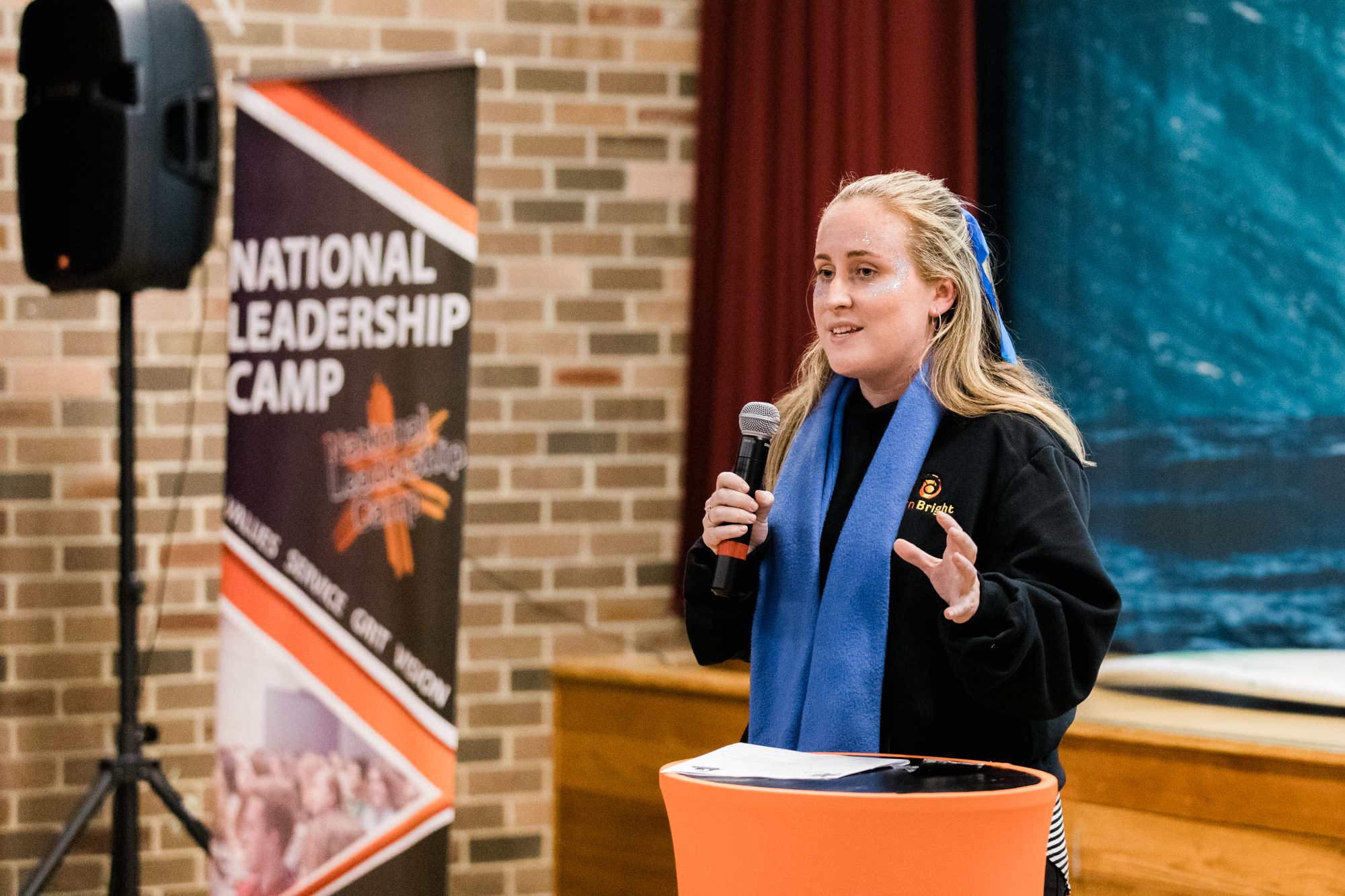12 Sept 2018 – Sydney -Burn Bright has just been announced by the 2018 GiveEasy Innovation Index as the Number One Not-For-Profit Innovator in Australia as a result of their influential leadership, wellbeing programs and national camps for young people. Burn Bright finished in the top place ahead of other charities such as Thankyou, beyondblue and the Movember Foundation. The 2018 Innovation index is supported by Westpac, the University of New South Wales and eWAY.
https://www.nfpinnovationindex.com.au/2018-results to download the detailed report.
Burn Bright delivers Student Leadership, Wellbeing Programs and National Camps for schools and young people across Australia, working with over 15,000 students each year.
Burn Bright has been recognised by the GiveEasy Innovation Index as a leader in innovation for the not-for-profit sector for their innovative workplace culture, for modelling positive influence through genuine relationships and the implementation of wellbeing surveys, measuring the impact their work is having on schools and communities.
Innovating the wellbeing conversation
Burn Bright is recognised as a preventative mental health organisation, providing young Australians with the tools to look after their wellbeing through experiential learning in all the programs and camps Burn Bright run.
These programs and camps challenge students to see how they can use their influence for good, both in their schools and wider communities, exploring the power of positive influence and the idea that every student has an opportunity to lead.
Burn Bright CEO, Andy Skidmore says that innovation is the only way forward when working with teenagers, “Young people are constantly pushing the edge of what’s new and interesting – it forces us to stay innovative. The way we deliver our leadership programs has to be relevant, cutting edge and interesting.”
Modelling authentic team culture
Born in 2014, Burn Bright exists to build leadership capacity and self-awareness in young people and believe this is best demonstrated through their leadership team and the culture and values they model to students.
The Burn Bright team demonstrates authenticity in relationships which is powerful when modelling this behaviour to the students they work with.
Andy says, “For us it’s important that if we’re going to go to a school and we’re going to talk about great relationships, looking after your wellbeing, being able to serve others and thinking about your leadership capacity, then that needs to start with our team.”
Resilience As The Key To Young People’s Success
A recent survey conducted by Burn Bright of young people across Australia has indicated that 75% of young people will turn to their most immediate relationships for help when something difficult in their lives happen, being their parents and friends, 38% parents and 37% being friends.
Andy says “a teenagers relationships have the greatest impact wellbeing either positively or negatively. If we want to raise resilient young Australian’s then we need to focus on the quality of their relationships with peers, family and the their community”.
The survey also found that the leading cause of stress for teenagers was their school work with 73% of young people surveyed saying it causes the most stress in their lives. The survey also showed that year 8 and 9 students are 5x more likely to often experience bullying than their older peers students.
Andy says “developing grit, and a growth mindset towards challenge is also a non-negotiable for young people in today’s social climate – these qualities coupled with a strong support network and foundation of genuine relationships is the key to overcoming struggles facing young people.”
Proving the impact
Burn Bright have been able to prove the mind-shifting impact they have, seeing positive behavioural change, shifts in mindset and personal wellbeing through innovative data collection methods.
This data collection has been a game changer in understanding the young people Burn Bright works with as well as providing a unique insight to the schools about their student’s wellbeing.
“We use scientifically backed wellbeing research to measure the students before and after attending our trainings. What we have found is that often the bottom 20% that move the most for the young people that we work with. If you look at the resilience scale, students are moving from zero up to 30%.”, Andy explains.

